detail profile nikita podgornyj
Peran Yang Di Mainkan Nikita Podgornyj
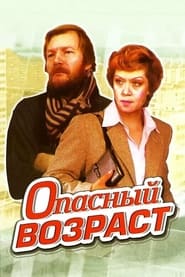 A relations between man and woman...
A relations between man and woman...A Dangerous Age 1981
A relations between man and woman become complicate after 20 years of marriage.
 Andrey Pavlovich Buzykin who makes a...
Andrey Pavlovich Buzykin who makes a...Autumn Marathon 1979
Andrey Pavlovich Buzykin, who makes a living by teaching at an institute and translating English literature, is cheating on his wife. Buzykin's main problem is that he's a kind man with a weak character. The lies he is telling his wife all the time are inconvincing, but he never has the courage to tell her the truth. His lover, Alla, is aware of his family life, but gets offended when, for example, he cannot meet her so that he doesn't come home late, or when he doesn't want to go home in a new jacket she gives him to avoid having to explain to his wife. Alla and Nina, Andrei's wife, both leave him, forgive him, and return to him at the same time, and Andrei continues with this kind of life, full of suffering and deceit. Finally, both women are so fed up with his lies that they don't believe him even when he is telling the truth...
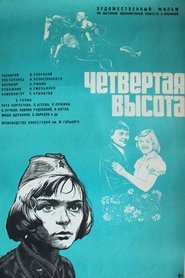 A atory about the legendary young...
A atory about the legendary young...Fourth Height 1977
A atory about the legendary young actress of Soviet cinema Gulya Korolyova, who started acting in films at the age of four. In May 1942, having barely finished school, Gulya voluntarily went to the front and soon died heroically in a battle near Stalingrad.
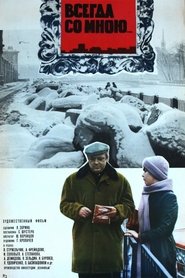 The famous scientist academician and art...
The famous scientist academician and art...Always With Me 1976
The famous scientist, academician and art critic Andrei Ilyin, who survived with the Hermitage staff the harsh trials of the Leningrad blockade, returned to his hometown after many years. The whole life of Ilyin is connected with Leningrad. A life that in the distant years of World War II would have seemed to have no future, but which, despite the unbearable horror of hunger and devastation, continued only in the name of the future ...
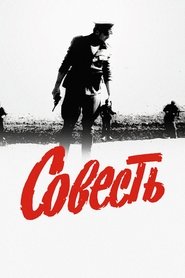 Three Soviet prisoners of war escape...
Three Soviet prisoners of war escape...Conscience 1974
Three Soviet prisoners of war escape from a fascist concentration camp at the end of the war. One of the guards helps them and runs with them. Many years later, this former German henchman meets one of the escapees and comes up with the idea of \u200b\u200bthe destruction of all the fugitives with whom he once escaped from a concentration camp; they abandoned him wounded during the escape. He begins to put his cruel plan into action, deciding to take revenge and thereby getting rid of witnesses to his crimes in the concentration camp...
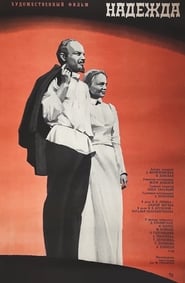 The film tells about the childhood...
The film tells about the childhood...Nadezhda 1973
The film tells about the childhood and youth of the wife, friend and military ally of the founder of the country of the Soviets Nadezhda Konstantinovna Krupskaya. The main attention in the film is paid to the participation of a young revolutionary in the organization of the struggle of the workers of St. Petersburg for their rights, against the autocracy.
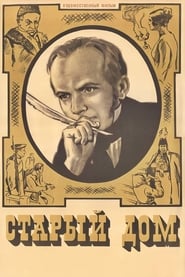 About the early years of the...
About the early years of the...The Old House 1970
About the early years of the life of the philosopher and writer Alexander Herzen, about his first and unrequited love, about the throwing of youth and growing up of a young critic and revolutioner. According to his father, he comes from an ancient Russian family, and his mother was a simple German woman. As an illegitimate son, he was not given the name of his father, Yakovlev. In his youth, he was fond of the ideas of freedom, for which it is not a pity to fight, which even then was close to the ideals of the revolution...
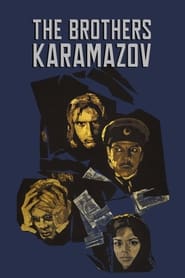 Based on the novel of the...
Based on the novel of the...The Brothers Karamazov 1969
Based on the novel of the same name by Fyodor Dostoevsky. The tragic story of the Karamazov family takes place in a Russian province in the late 19th century. The relations of their father and three brothers are very complicated and contradictory. One of the brothers is accused of killing his father, whom he did not commit. The brothers are unable to help him, and only a loving girl follows him to hard labour.
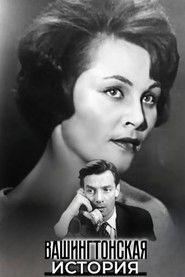 Faith Vans an employee of one...
Faith Vans an employee of one...Washington Story 1962
Faith Vans, an employee of one of the departments of the US State Department, receives a summons to the commission to investigate un-American activities, and her prosperous, calm life begins to collapse. But Faith doesn't give up, and she fights for her rights.
 Eugnie Grandet is set in the...
Eugnie Grandet is set in the...Eugénie Grandet 1960
Eugénie Grandet is set in the town of Saumur. Eugénie's father Felix is a former cooper who has become wealthy through both business ventures and inheritance (having inherited the estates of his mother-in-law, grandfather-in-law, and grandmother all in one year). However, he is very miserly, and he, his wife, daughter, and their servant Nanon live in a run-down old house which he is too miserly to repair. His banker des Grassins wants Eugénie to marry his son Adolphe, and his lawyer Cruchot wants Eugénie to marry his nephew President Cruchot des Bonfons, both parties eyeing the inheritance from Felix. The two families constantly visit the Grandets to get Felix's favour, and Felix in turn plays them off against each other for his own advantage.
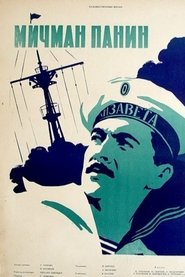 It is May 1912 Thirteen political prisoners...
It is May 1912 Thirteen political prisoners...Midshipman Panin 1960
It is May 1912. Thirteen political prisoners are being tried in a naval fortress of Kronstadt. They are sentenced to death by hanging. A clandestine Bolshevik organization decides to free the prisoners during their transfer to the place of execution. Vasily Panin, a junker of a school of naval engineers, is one of those entrusted with this dangerous task.
 The film is based on the...
The film is based on the...The Idiot 1958
The film is based on the first part of the novel of the same name by Fyodor Dostoevsky. Prince Myshkin returns to Russia from Switzerland, where he was treated in a psychiatric clinic. On the train, on the way to St. Petersburg, the prince meets Parfyon Rogozhin, who tells him of his passionate love for Nastasya Filippovna, the former containment woman of the millionaire Totsky. In St. Petersburg, the prince finds himself in the house of his distant relative – Lizaveta Yepanchina (General's wife), meets her husband, their daughters, as well as the Secretary of General – Ganya Ivolgin. The portrait of Nastasya Filippovna, accidentally seen on the general’s table, makes a great impression on the prince...
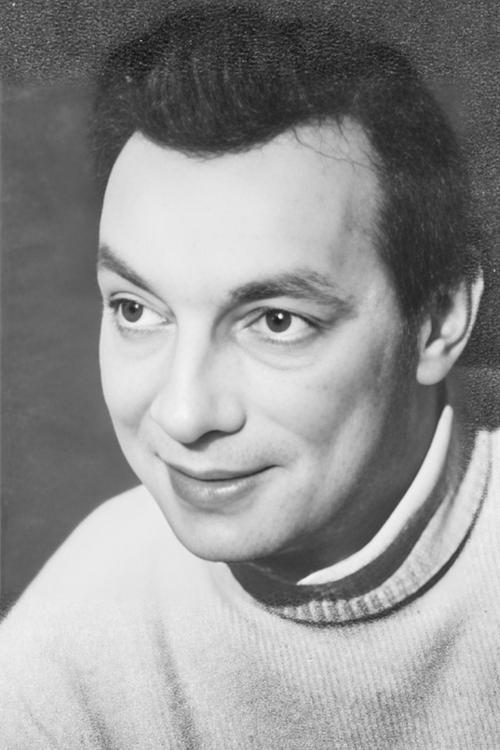
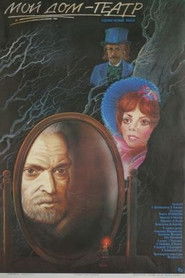
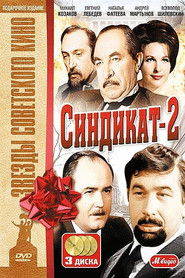
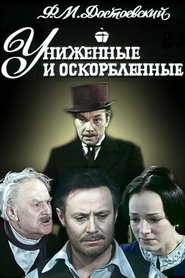 Performance at the Maly Theater from...
Performance at the Maly Theater from...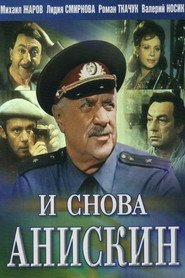 Third and final part of the...
Third and final part of the...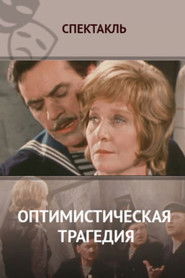 A female commissar is sent to...
A female commissar is sent to...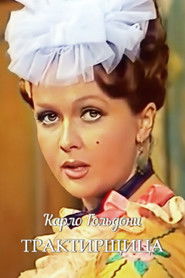 Mirandolina is the mistress of a...
Mirandolina is the mistress of a...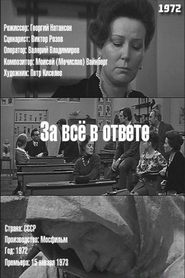
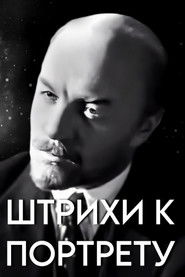 Life and works of VI Lenin...
Life and works of VI Lenin...